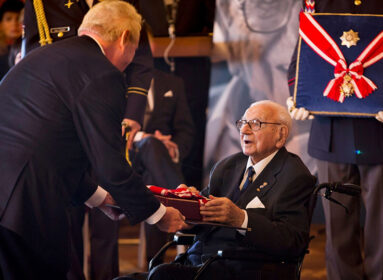
(JTA) – The sons of convicted spy Ethel Rosenberg urged President Barack Obama to exonerate their mother more than six decades after her execution.
Michael and Robert Meeropol were turned away from the White House on Dec. 1 when they came to deliver a letter to the president referencing what they say is new evidence in the trial that led to her execution in 1953, The Associated Press reported.
Rosenberg, who was Jewish, was sent to the electric chair along with her husband, Julius, after being convicted of conspiring to pass secrets about the atomic bomb to the Soviet Union. Court records made public last year through a judge’s order cast doubt on the conventional narrative of a Cold War espionage case that captivated the country. According to the documents, Ethel Rosenberg’s brother, whose damning trial testimony against her and her husband helped secure the couple’s conviction, had never implicated his sister in an earlier appearance before a grand jury. The brother, David Greenglass, offered the grand jury no evidence of his sister’s direct involvement and said he never discussed such matters with his sister.
The Rosenbergs both maintained their innocence, though the Meeropols are requesting only Ethel’s exoneration. The sons said that is because they believe their father was guilty of conspiracy to commit espionage, though they argue he did not engage in atomic spying and should not have been executed. As young boys, Robert and Michael Meeropol visited the White House in 1953 in a failed bid to have President Dwight Eisenhower prevent their parents’ executions.
“Since we can’t bring her back to life, there could be nothing more satisfying to us than to have the government acknowledge that this shouldn’t have happened, that this was wrong,” Robert Meeropol said. The Meeropols are not seeking a presidential pardon, saying that would suggest their mother was guilty. They instead are seeking a public exoneration.
“We have gone through cycles in our history of hysteria, targeting people, overpunishing, framing people. We’re in danger of that happening again,” Michael Meeropol said. “Recognizing that in the past we’ve done things we shouldn’t have done might be a cautionary tale.”









 Southern New England Jewish Ledger
Southern New England Jewish Ledger














